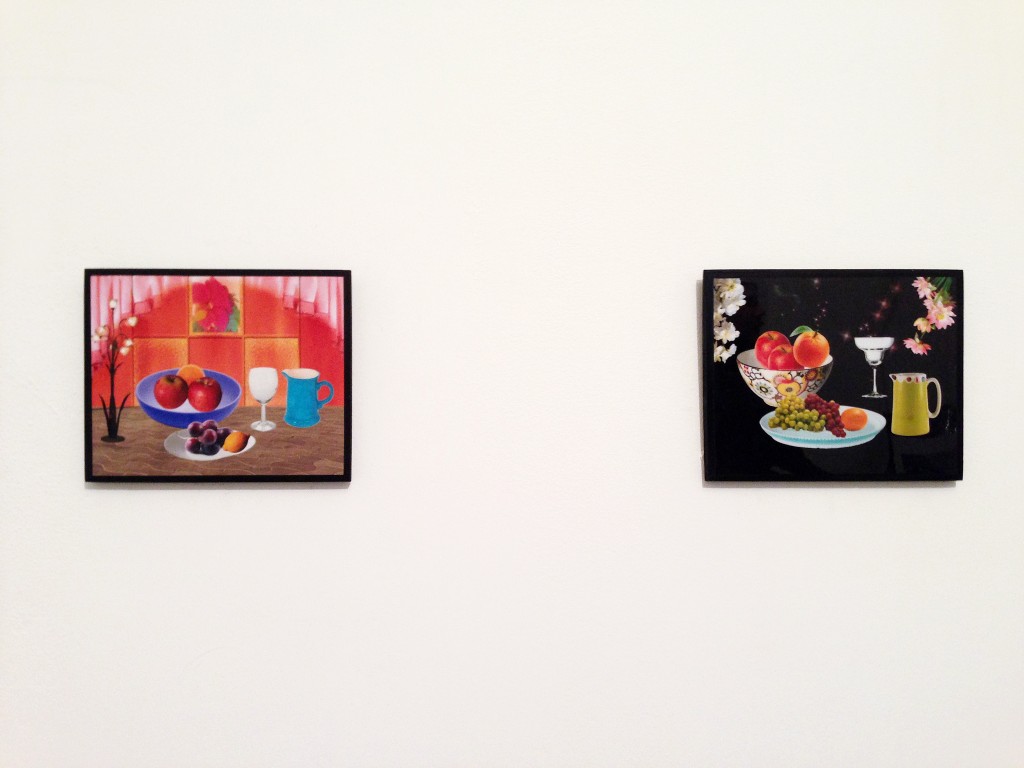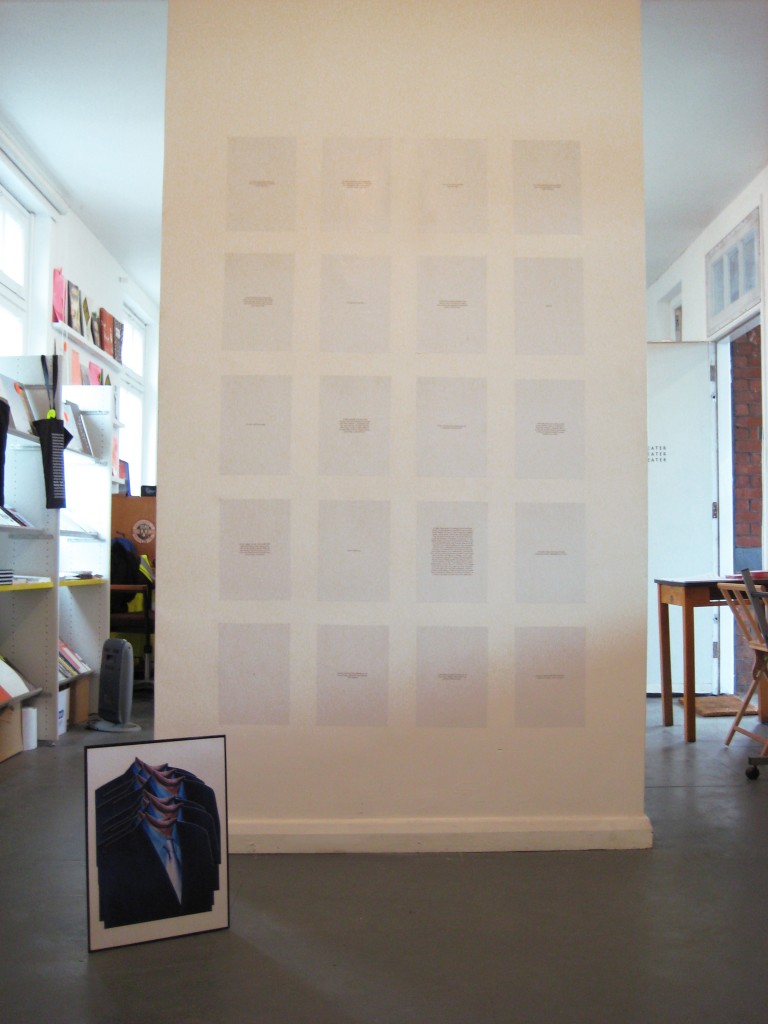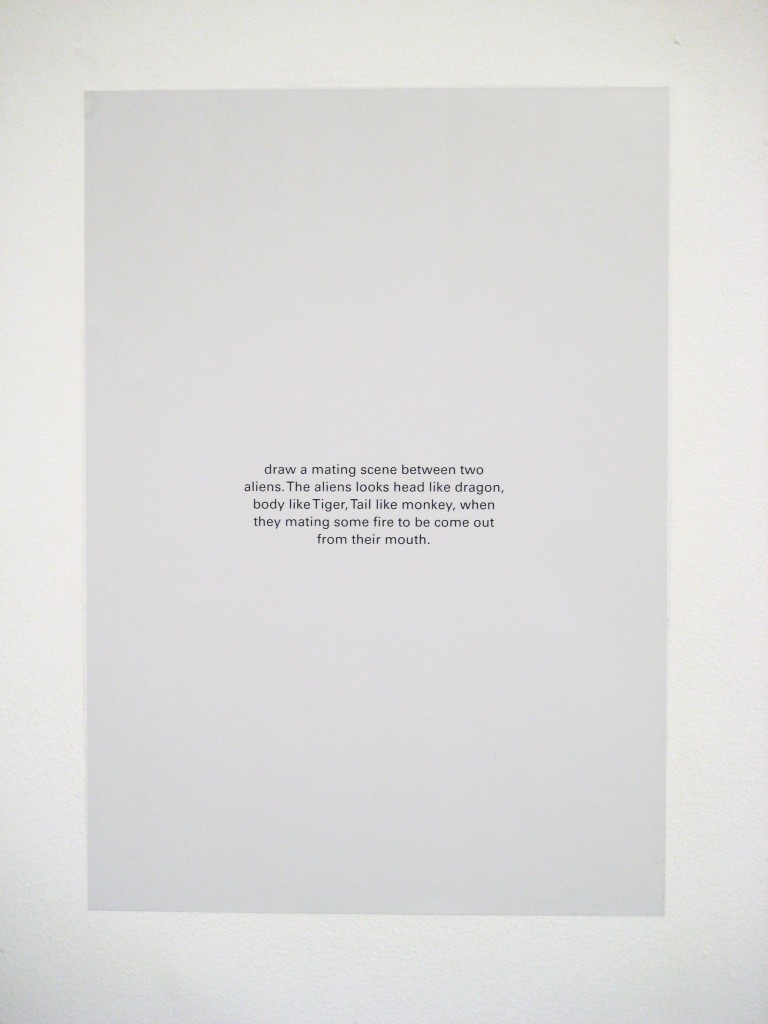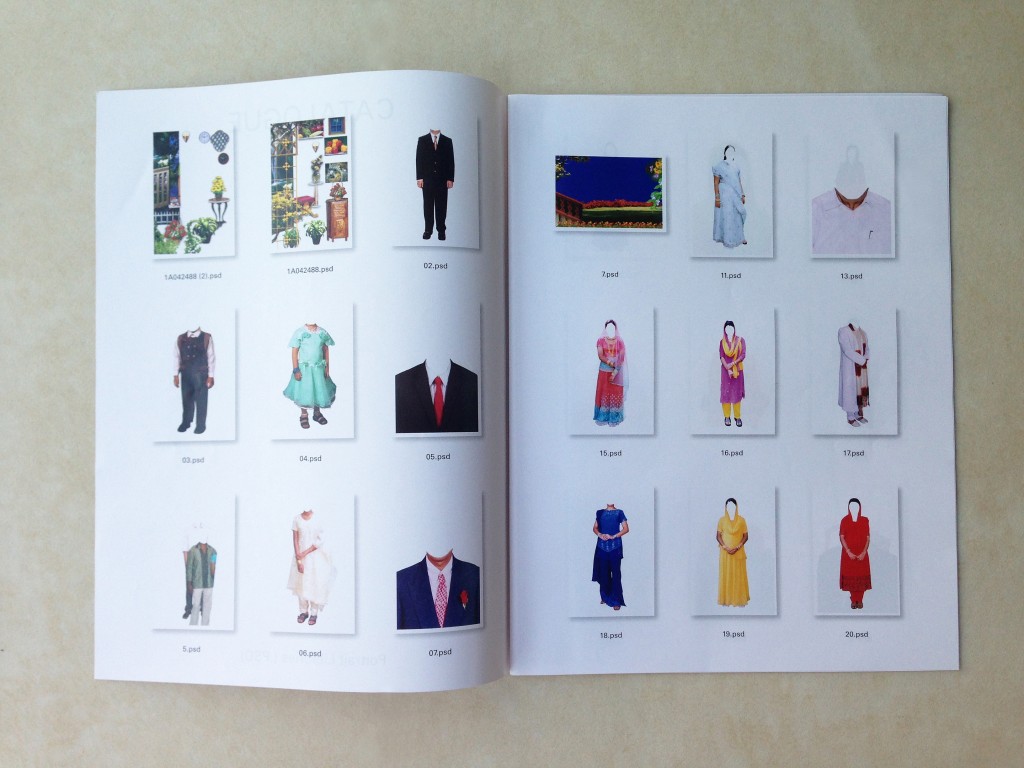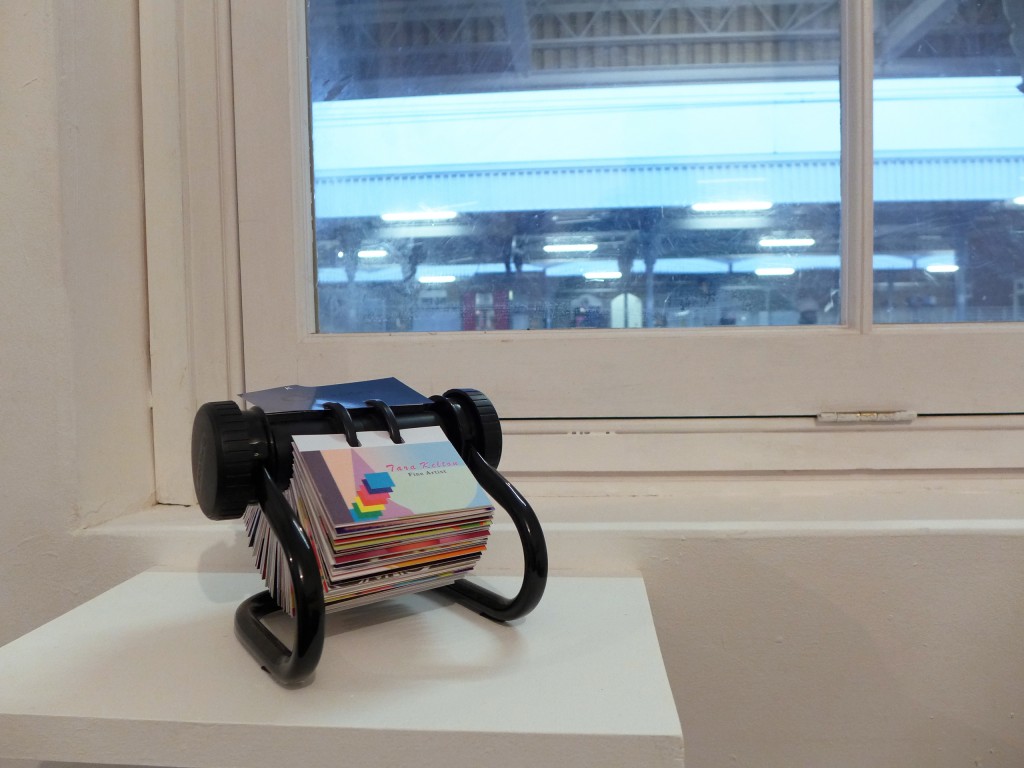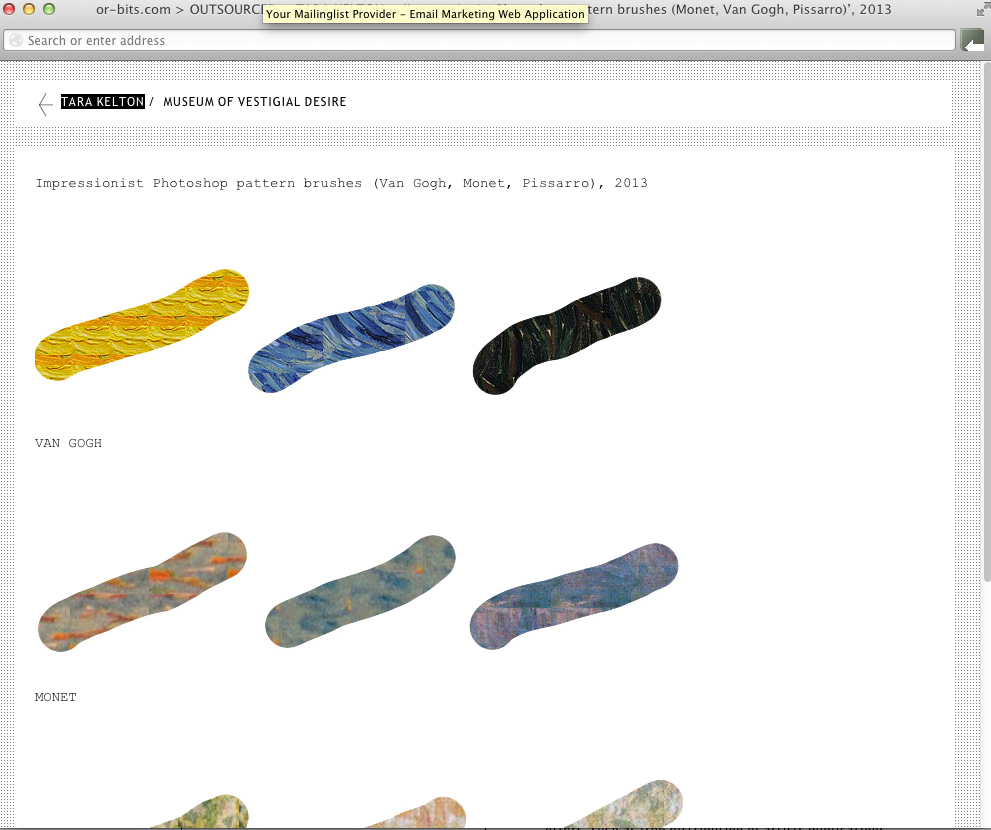OUTSOURCED is a two-part exhibition project organised for Banner Repeater’s serial publication UN-PUBLISH*.
Through presenting two consecutive solo projects by graphic designer/artist Tara Kelton and co-director of Museum of Vestigial Desire, Prayas Abhinav, UN-PUBLISH: OUTSOURCED explores the notion of outsourcing in its relationship with the users’ cultures and logics emerging from communicating through web-based services and online platforms.
Contributing to Banner Repeater’s: UN-PUBLISH serial publication, and in conjunction with the multiple modes of dissemination of artworks that Banner Repeater offers, such as free distribution of artists publications from the reading room and public space of Platform 1 at Hackney Downs rail station in London, Tara Kelton has developed a new body of work, KARIZMA, to be experienced from different locations: at Banner Repeater project space, in the UN-PUBLISH publication 2.04 and at or-bits.com (14 Sept – 13 Oct 2013).
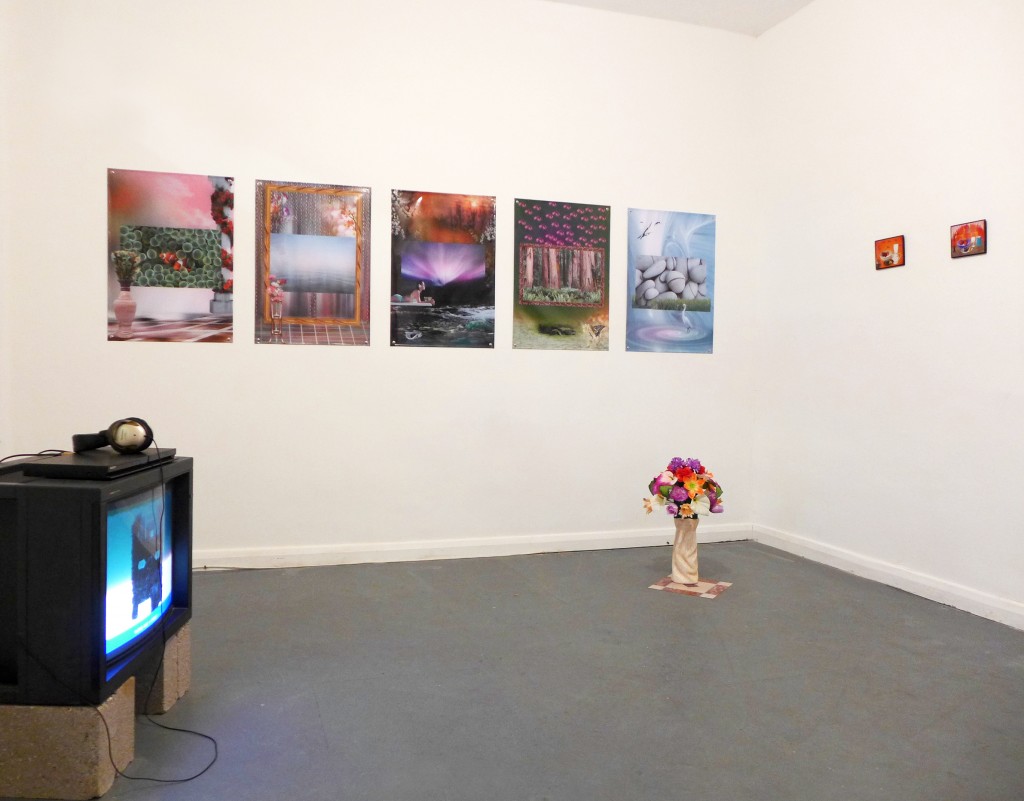
Clockwise: Leonardo, 2011; Clown Fish.jpg, Horizon.jpg, Aurora.jpg, Redwoods.jpg, Rocks.jpg, 2013; Flowers (Arrangement), 2013
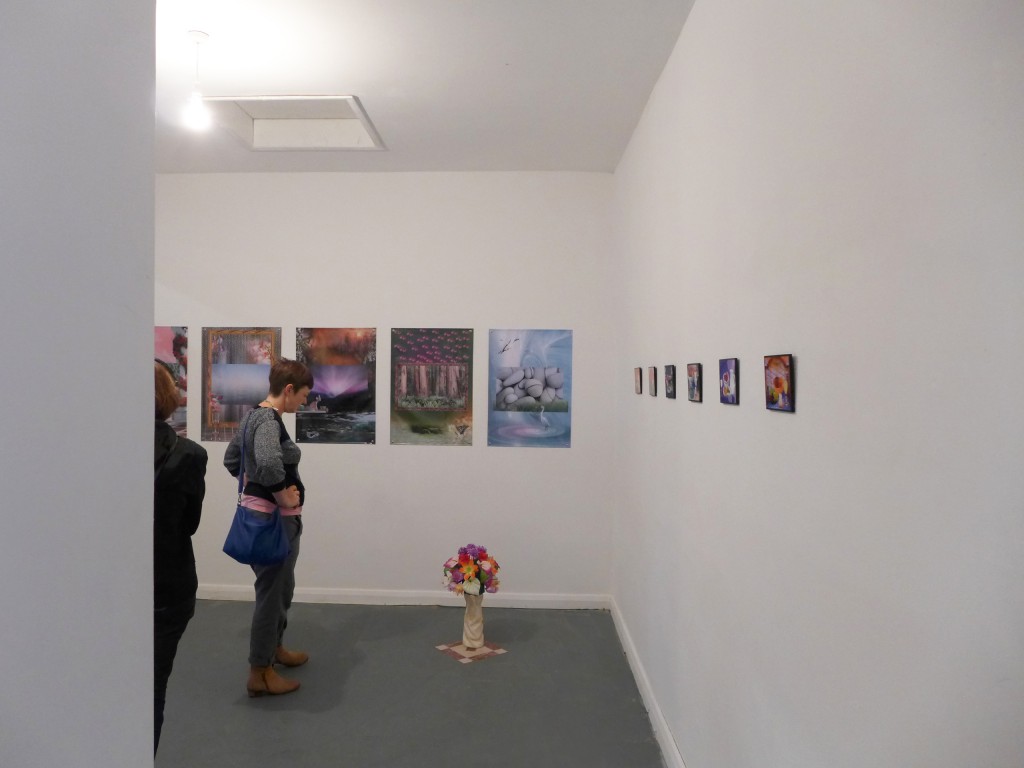
Clockwise: Clown Fish.jpg, Horizon.jpg, Aurora.jpg, Redwoods.jpg, Rocks.jpg, 2013; Flowers (Arrangement), 2013; Still Life 1, Still Life 2, Still Life 3, Still Life 7, Still Life 13, Still Life 16, 2013
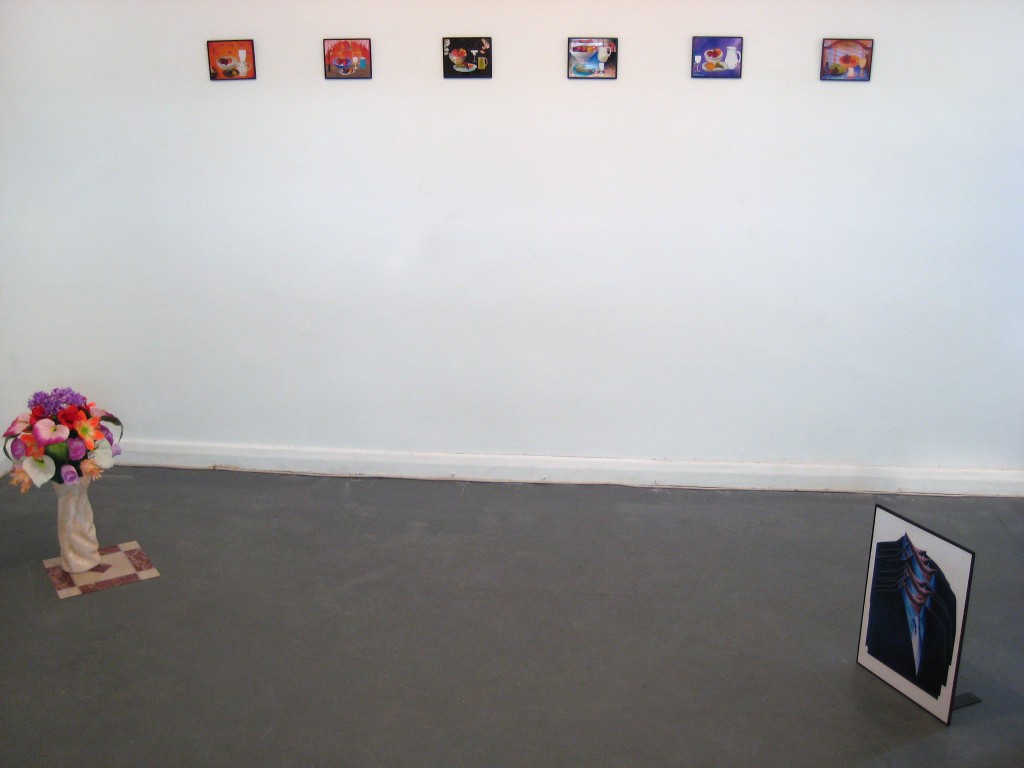
Clockwise: Flowers (Arrangement), 2013; Still Life 1, Still Life 2, Still Life 3, Still Life 7, Still Life 13, Still Life 16, 2013; 28.psd (Suit stack), 2013
Tara Kelton‘s new body of work KARIZMA** incorporates artworks produced by commissioning Bangalore-based digital service providers’ workers, who range from logo makers to photo manipulators, and outsourcing creative tasks to global crowd-sourcing services such as Amazon’s Mechanical Turks. In these artworks forms and formats have undergone processes of standardization typical of the procedures inherent to popular digital imaging services; these “third-party executed” artworks also embody what might get lost in translation when artistic intentionality is mediated and replaced by instructional language, a mode of communication typical of the relationship between the user and software interface.
For this exhibition Kelton has explored processes of collaborative labour by looking at the relationship between the human action and the software interface, between personal choices and set parameters, in an age characterised by the abundance of computational services and the increasing prominence of visual communication. The artist has carried out this exploration through relinquishing authorship in favour of collaborating with a team of workers who operate as “third-party executors”, as mediators between the inception of her artistic intentions and their formation through production. From the collection of images taken from the computers at Shalu’s Photos Digitals (Catalogue, 2013) with which Kelton worked in August 2013 in Bangalore, India, to the series of Still Lifes created by desktop publishing workers following her verbal instructions, the artist has tested modes in which the “human hand” might manifest itself within computational systems of production, treating human labour as a machine.
The artist, and thus the artworks’ executors, has worked with visual detritus. They have largely employed images endlessly circulating and mutating on the Internet; images which, while still in circulation and despite their degree of degradation, are commonly picked by the desktop publishing workers and used in their photographic compositions to become visual arrangement of objects. These images in fact often resemble mass manufactured objects easily available at wholesale markets around the world.
The subjects of Kelton’s digital portraits are arrangements and compositions, the hidden processes of practical and creative negotiation with software templates, digital interfaces, variables and parameters – as shown in the series of digital posters Clown Fish.jpg, Horizon.jpg, Aurora.jpg, Redwoods.jpg, Rocks.jpg. Through the focus on the compositional aspect of the artworks, Kelton exposes how artistic material might be refashioned, rearranged and replaced, basically ‘enhanced’.
** KARIZMA is the name of one of the software tools used by the desktop publishing workers Tara Kelton worked with for the production of her new body of work. The production of objects in India has traditionally been by hand, and each object is unique. The artworks and ideas the artists commissioned to “third-party executers and thinkers” lie in between the standardization of the digital image services and the uniqueness of hand-rendered objects.
Download Press Release and List of works.
UN-PUBLISHED: OUTSOURCED
Part one:
Karizma by Tara Kelton
14 Sept – 13 Oct 2013; PV Friday 13 September 2013, 6 – 8:30pm
Part two:
Museum of Vestigial Desire by Prayas Abhinav
19 Oct – 17 Nov 2013; PV Friday 18 October 2013, 6 – 8:30pm
at Banner Repeater project space, UN-PUBLISHED paper 2.04 and 2.05 respectively (distributed on Platform 1 at Hackney Downs rail station) and or-bits.com
This project was supported by Banner Repeater with funding by Arts Council England and Chelsea Arts Club Trust.
